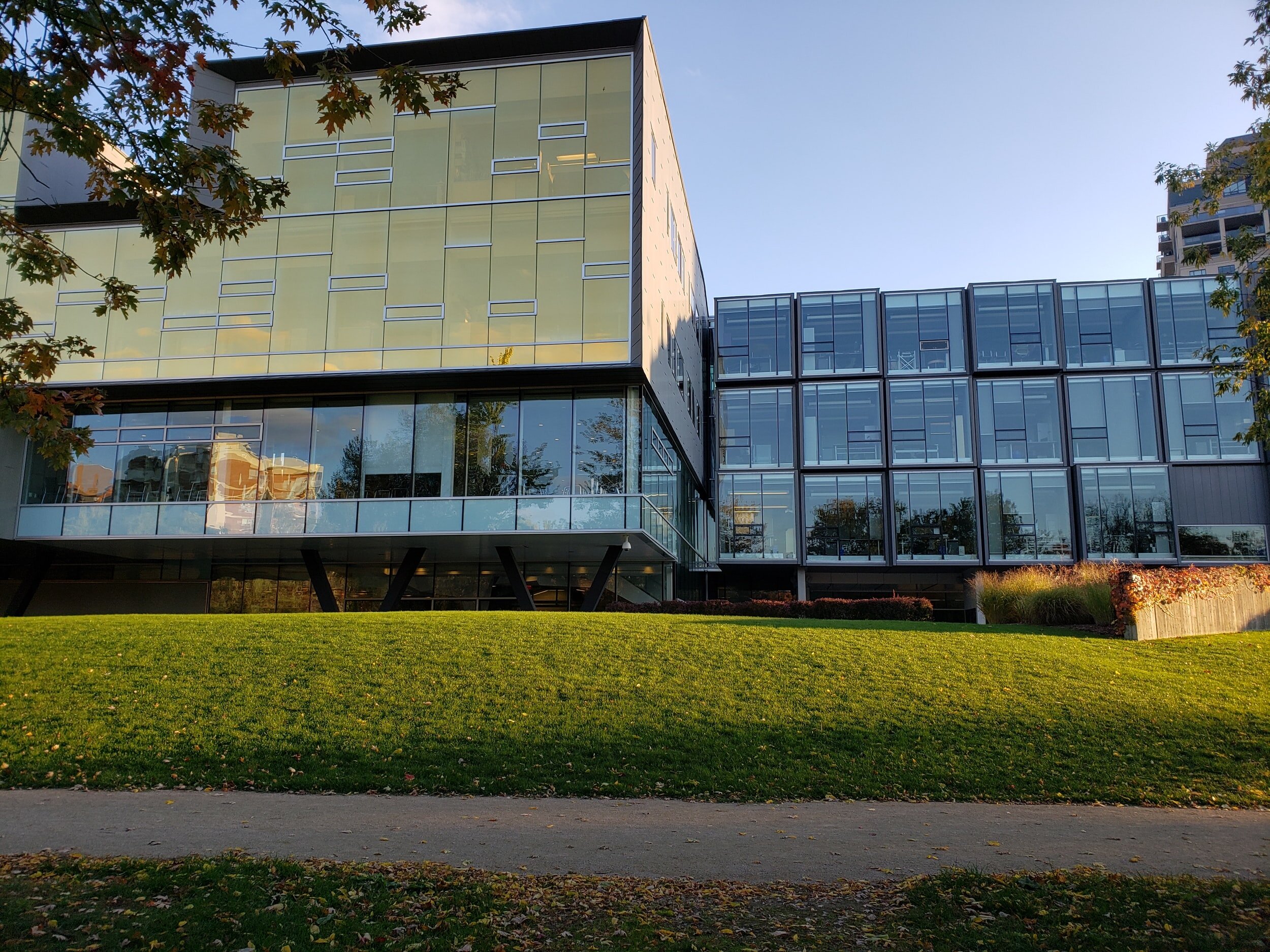
Community College Majors and Educational Plans
Students attend college for three reasons.
1. Career Certificate
The first group of students consists of those who are interested in earning a Career Certificate in an occupational field. These majors and educational plans are intended for those who want to enter the workplace quickly with a skill that is in demand. In addition to the construction trades, occupational certificates can be earned in fields like anesthesia technology, auto mechanics, bookkeeping, cyber security, and culinary arts.
2. Associate Degree Only
The second group of students consists of those who are interested in earning an Associate Degree only. Much like those who are interested in a Career Certificate, these majors and plans are usually directed at a specific set of occupational skills that are in demand in the modern workplace. In many cases the major courses are the same as those required for a Certificate of Completion. The Associate Degree is earned when General Education Requirements are added. Registered nursing, dental assisting, paralegal studies, computer information systems, and medical assisting are typical examples of what are known as Associate in Science (AS) degrees.
3. Associate Degree for Transfer
The third group of students are those who attend community college in order to complete their freshman and sophomore year requirements for a four-year university. These majors and plans are called Associate Degrees for Transfer (ADT’s). They often guarantee the student admission to a California State University.
The Associate Degree for Transfer (ADT) is becoming an increasingly popular route to follow for several reasons.
It is much easier to gain admission to a University California or California State University by way of community college than for those students who are applying as freshmen.
Community college can often be the most affordable way of completing one’s freshman and sophomore years toward a baccalaureate degree.
Community colleges have many more resources to help disadvantaged students that need extra academic support.
Community students actually finish their university studies somewhat faster when compared to those completing their junior and senior years after having entered as freshmen.
Watch our instructional video COMMUNITY COLLEGE MAJORS AND EDUCATIONAL PLANS for a visual tutorial on how these three types of plans are constructed.
Download printed tutorials and examples for each type of educational plan.




